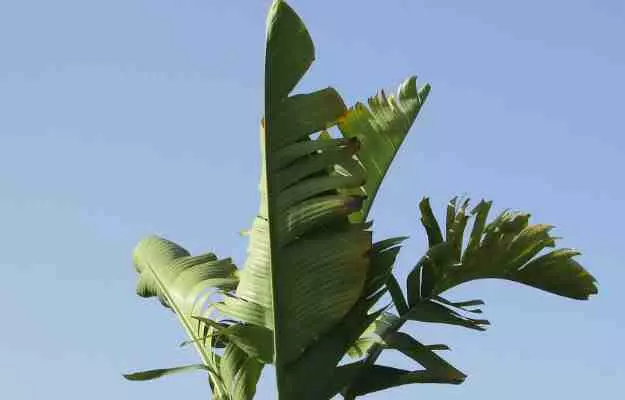Sturdy yet flexible, banana plant leaves are traditionally used for decoration, wrapping foods and as an ingredient in various dishes.
In South India, banana leaves are considered to be sacred/pure and are hence used as plates to serve food. Experts say that banana leaves contain certain waxes, which melt on putting hot food on them and give a unique taste to the food that is simply amazing. Banana leaves also add certain nutritional compounds in hot food, making it even healthier.
These leaves hold a special place in Ayurveda and are used to make various preparations in Ayurvedic medicine. Traditionally, banana leaves are used to wrap wounds and treat stomach problems like diarrhoea.
Read on to find out more about the benefits and uses of banana leaves for health.






















